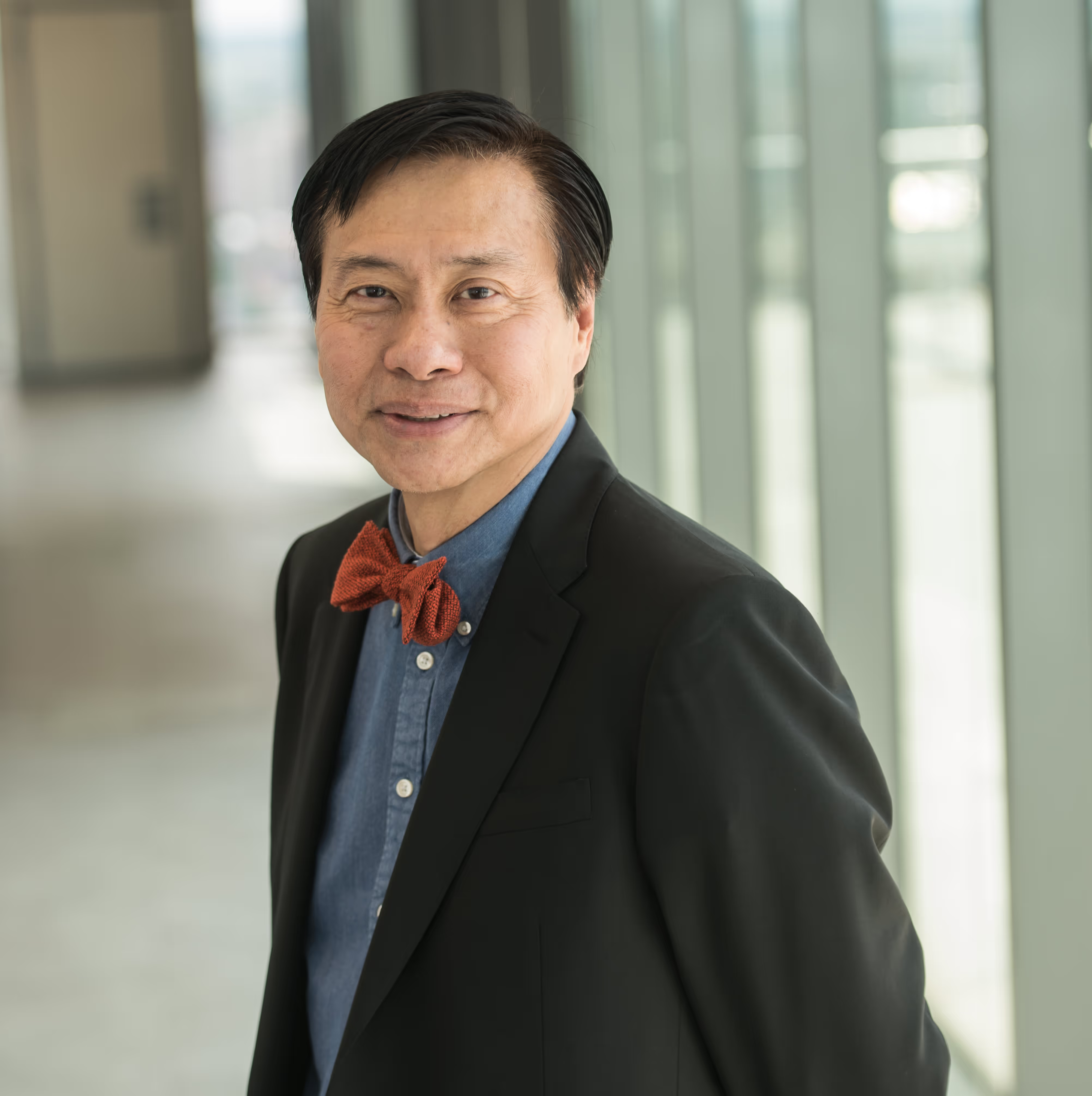INTRO
Meet Phillip Phan, Director of the Networking and Mentoring Core at JH AITC. In his day-to-day role, he serves as the Alonzo and Virginia Decker Professor at the Johns Hopkins Carey Business School and holds a joint appointment as Professor in the Department of Medicine. He's also a core faculty member at the Armstrong Institute for Patient Safety and Quality. Dr. Phan’s research is multifaceted, focusing on the commercialization of biomedical technology and health services research, particularly in cost-effectiveness and AI applications for patient care. He is a Robert Bosch Policy Fellow at the American Academy in Berlin and has published more than 200 peer-reviewed research papers. Join us as we explore the challenges and opportunities in aging and dementia research, the role of AI in healthcare, and the importance of understanding stakeholders in technology adoption.
#1 - Can you share with us a little about your work or research?
I conduct research and teach the commercialization of biomedical technology. As well, I conduct health services research (HSR) with a focus on the transitions of care. Within the HSR domain, I also focus on the cost-effectiveness of technological interventions designed to improve clinical outcomes in dermatology, rheumatology, obstetrics and gynecology, rehabilitation medicine, and endocrinology. Finally, I apply AI and statistical models to triage patients for right-siting and predicting risk for developing chronic diseases, such as the transition of gestational diabetes to type 2 diabetes in women.
#2 - What initially drew you to this intersection of AI, AgeTech, aging, and dementia? Is there a personal story or motivation behind your commitment to this field?
I come from Singapore, a small country with among the fastest aging population in the world. It is also the second wealthiest country, by gross domestic product per capita, in the world. The combination of these two factors are unsustainable in the medium run, unless technology is embraced to extend healthcare services capacity, improve healthy aging, and support better decisions for allocating healthcare finances to those who need it most. AI is a promising technology to do all the above. The speed of adoption of AI is probably the fastest in the United States among Organization for Economic Cooperation and Development (OECD) member countries. I am personally interested in being part of the leading edge in understanding the possibilities and pitfalls of AI in healthcare, and specifically in the aging space. Personally, I act as a remote caregiver for an aging parent and therefore am intrigued by the potential of technologies that support distance caregiving and remote access.
#3 - In your view, where is the biggest gap in the current landscape of aging and dementia research and care, and how can AI and emerging technologies help bridge this?
The identification of druggable or interventionable targets in Alzheimer’s disease (AD) has stagnated. The current paradigm of treating tau has not changed in the last decade and I have a feeling that we are missing other potential targets. Indeed, the current class of medicines for AD target tau. The problem is that we do not know what we do not know. I am convinced that AI can help accelerate the search for other targets and perhaps trigger new research programs, especially in university labs. AI and related technologies can also democratize AD research by enhancing the power of discovery for small labs and fostering rapid search and hypothesis testing.
#4 - Any words of wisdom for budding startups or researchers eager to dive into the AI and AgeTech space?
Know your stakeholders (patients, caregivers, regulators, marketing partners, bench scientists, etc.) Find opportunities to immerse yourself in their worlds to understand the barriers to technology adoption and the non-obvious applications of your ideas. Don't develop technologies from the comfort of the proverbial couch.
#5 - Outside of the lab or office, what’s a hobby or activity you're passionate about?
I'm a certified Professional Association of Diving Instructors Divemaster, which includes being trained as a Rescue Diver. It's the most exhilarating thing that I know to do, besides getting a JAMA or Nature publication!





